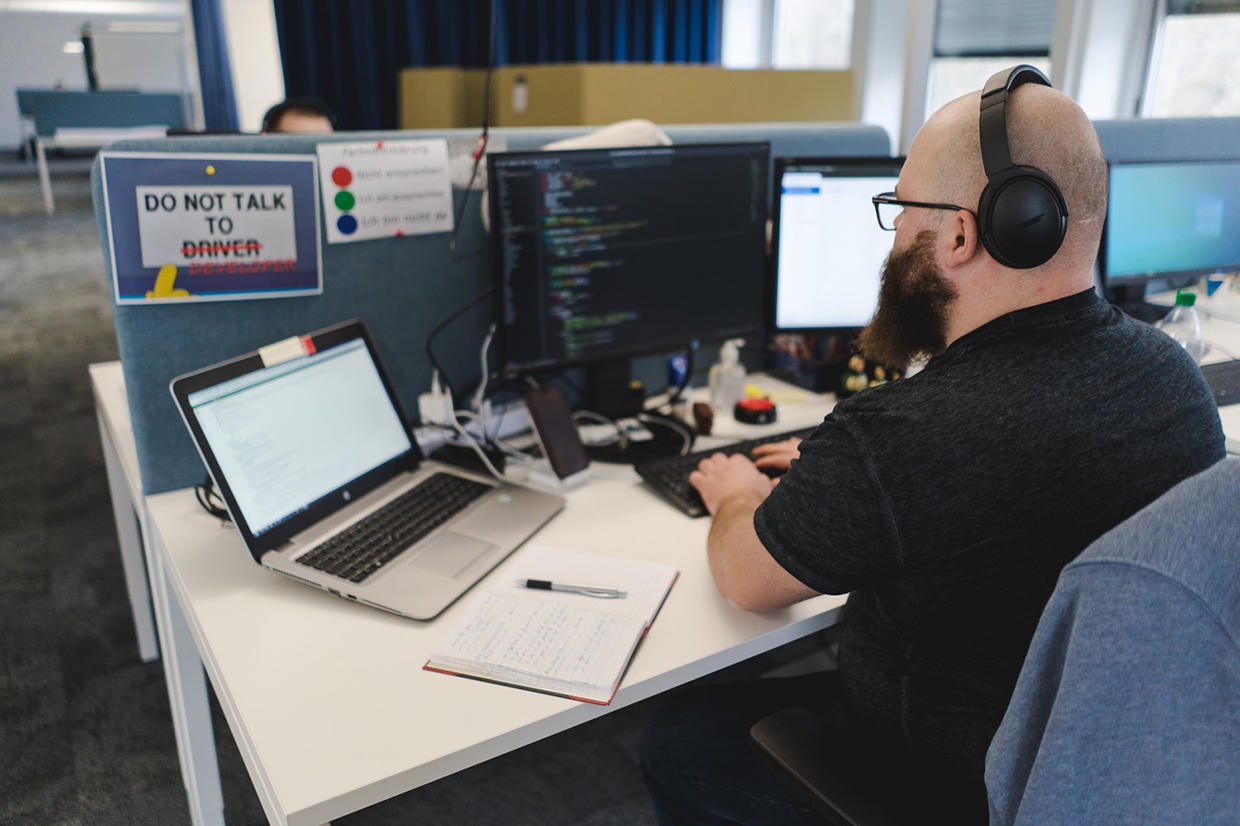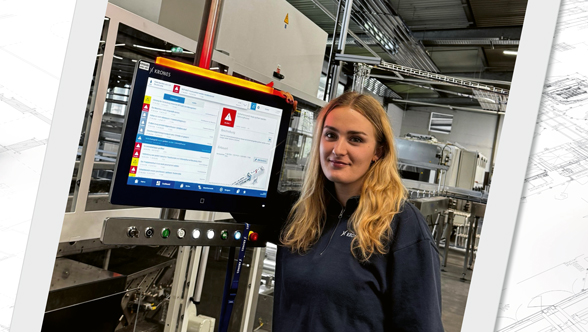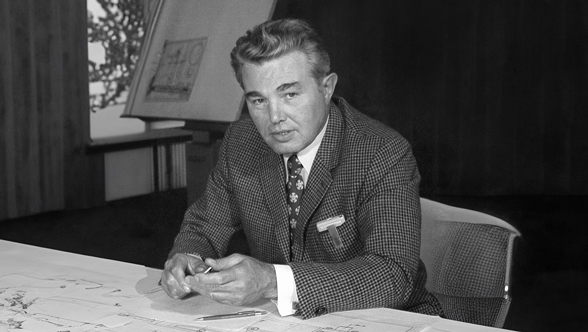“Software development? Not my cup of tea – You see, I’m a physicist.” That was what Matthias Rosenauer said when he was first brought into contact with this job description at a recruiting fair. To which he received a prompt answer: “That doesn’t matter! It’s not unusual for physics graduates to end up in this field.” After all, the physics degree course also frequently touches on programming at one point or other, and programming is what this job is based on. Moreover, students of physics learn analytical thinking which is equally indispensable in software development.
However, to quote Matthias Rosenauer: “That shouldn’t lead you to think ‘being able to do a bit of programming’ automatically makes you a software development engineer. I did in fact make that mistake and underestimated just how many more abilities and skills this job requires.” To qualify as a software development engineer, the usual route is to obtain a degree in computer science or complete training as an IT specialist. But this is in no way a must, as Matthias Rosenauer tells us: “Back then, I simply started work as a software development engineer and followed the maxim of “learning by doing”, picking up as much practical and theoretical knowledge as possible from my colleagues while also making use of advanced training opportunities.”













